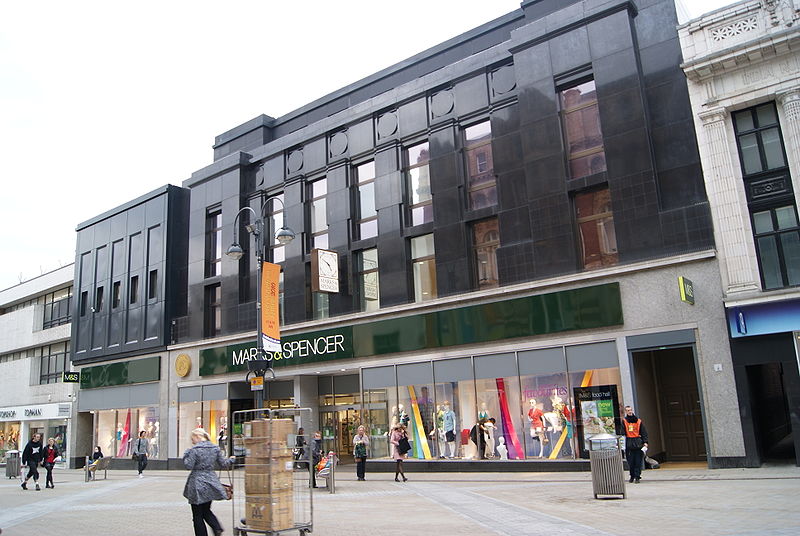
Marks & Spencer is making a significant environmental move by replacing plastic carrier bags with paper ones across all of its stores. This initiative expands upon a trial that
initially began in 10 branches in January. The shift towards paper bags aligns with a broader trend among High Street retailers to reduce plastic usage.
Supermarkets like Morrisons, Waitrose, and Aldi already offer paper bags to customers, although plastic bags remain an option in some stores. With over 1,000 stores nationwide, Marks & Spencer's decision to adopt paper bags represents a substantial reduction in plastic use.
To mitigate concerns about the environmental impact of paper bags, the retailer collaborated with the University of Sheffield to develop bags produced using renewable energy. It's worth noting that paper production is generally more energy-intensive than plastic production. Additionally, paper bags are heavier than plastic, which can increase energy consumption during transportation, thus contributing to a larger carbon footprint.
In a blog post, Victoria McKenzie-Gould, Corporate Affairs Director at Marks & Spencer, expressed hope that the change would help reduce the accumulation of plastic bags in people's homes. She also highlighted the convenience of the new paper bags, which can easily fold into a backpack.
While paper bags may not be as durable as reusable bags, Marks & Spencer claims that their bags can carry over 15kg and be reused more than 100 times. Furthermore, paper decomposes much faster than plastic, reducing the risk of litter and harm to wildlife. Paper is also more widely recyclable, whereas plastic bags can take hundreds of years to decompose.
Marks & Spencer's move to embrace paper bags represents a significant step towards reducing plastic waste and promoting sustainability in the retail sector. Photo by Mtaylor848, Wikimedia commons.




































